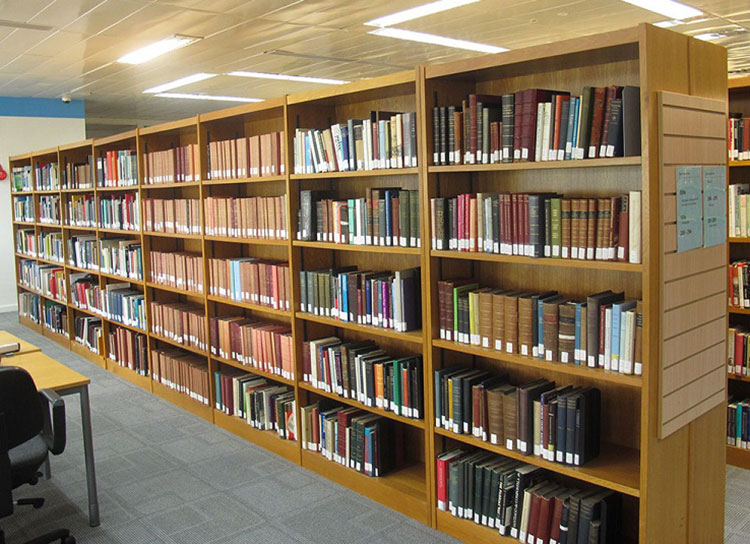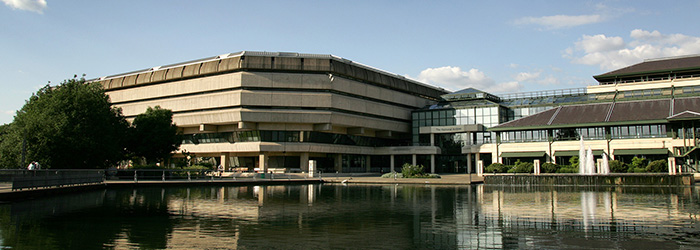The National Archives Library has a fine collection of local history books, as previously touched on. Outside Kew, there are many local studies collections and professionals working across the UK with lots to offer. In this blog, we reflect on the practice of local studies, a recent conference at The National Archives and highlight the launch of a new tool to support local studies.
What is local studies?

Local studies can loosely be defined as the collection and collation of material that relates to specific communities. Local studies professionals tend to be spread out across the country and often work in isolation, such is the nature of their work.
One way of bringing them together is through professional organisations and joint activities. An example of this is the CILIP Local Studies Group, which The National Archives Library is part of. CILIP stands for ‘Chartered Institute of Library and Information Professionals’ and is the body that represents the library profession.
‘Tooling up for the future’
In October 2022, the CILIP Local Studies Conference was held at The National Archives with the title ‘Tooling up for the future’. It proved to be a varied, interesting and useful day.
Over the course of the conference we looked at a number of aspects of local studies and how it is practiced. One of these was community archives and how these work. This often involves the work of the community itself and what materials it would like to make available to the wider world. Professionals in the field then help by advising and helping co-ordinate and making material accessible.

The importance of oral history
Another area we looked at was oral history and the methods at work here. Oral history is a key part of local studies. It can keep alive versions of the past that would otherwise be lost.
We looked at one particular county, Sussex, and a number of oral history projects that have taken place at the Sussex Record Office. This has included gathering accounts from schools, former soldiers and those who had lived through the Second World War in the county. Of high importance here is conducting interviews in the most helpful way and then putting the resulting information together, again in the most effective manner.
There were several other sessions including those on fundraising and making a meaningful impact.
All these areas are vital if local studies centres are to be able to continue with their work as fully as possible. A number of other workshops were also run on the day, including those on the census, maps and plans, and ephemera.
Local Studies Toolkit
The focal point of the conference was the launch of the Local Studies Toolkit: a free online guide containing nearly 50 sections written and peer reviewed by expert local studies professionals. The Toolkit aims to pull together all the different kinds of work undertaken by local studies librarians, and:
- Gives guidance and a framework to work within
- Provides some background as to how local studies are practiced
- Lays out basic definitions of local study activities and how to go about them
- Brings uniformity to the way of doing things.
Work on the Toolkit is ongoing and it should develop over time. You can access the Local Studies Toolkit for free on the CILIP Local Studies Group website.

It’s extremely useful to have such a document. It has contributions and suggestions from a number of professionals with many years of experience in the field. It is an excellent way to record the knowledge of dedicated staff built up over a long period of time.
Supporting local studies
Local studies can bring a lot to different communities in varying ways. However, many local studies librarians work with relatively few resources and don’t always receive as much support as they might like. Anything that helps promote their cause and that helps them identify the best working practices, such as the Toolkit, is sure to be welcome; events such as ‘Tooling up for the future’ are a great way to keep up with what is going on in the profession and meeting with other professionals.
All this serves to remind us that The National Archives and many archives around the country exist to help with all kinds of research.